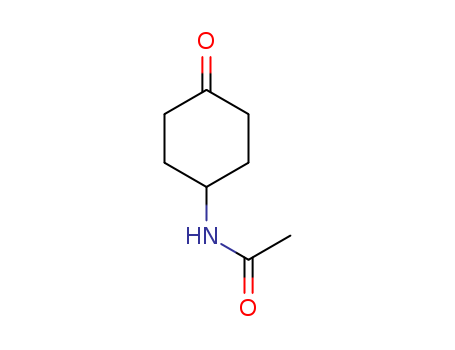- Product Details
Keywords
- Falcarinol
- 21852-80-2
- Carotatoxin
Quick Details
- ProName: Falcarinol
- CasNo: 21852-80-2
- Molecular Formula: C17H24O
- Appearance: white crystalline powder
- Application: Biological effects[edit]It was shown t...
- DeliveryTime: prompt shipment
- PackAge: airtight foil bag in carton or drum
- Port: any China port
- ProductionCapacity: 1 Kilogram/Week
- Purity: 99%
- Storage: room temperature, cool, dry
- Transportation: air/sea/courier
- LimitNum: 1 Gram
- Moisture Content: not more than 0.5%
- Impurity: not more than 0.5%
Superiority
Falcarinol (carotatoxin) is a natural pesticide and fatty alcohol found in carrots (Daucus carota), red ginseng (Panax ginseng) and ivy. In carrots, it occurs in a concentration of approximately 2 mg/kg.[1][2] As a toxin, it protects roots from fungal diseases, such as liquorice rot that causes black spots on the roots during storage.
Details
Falcarinol (carotatoxin) is a natural pesticide and fatty alcohol found in carrots (Daucus carota), red ginseng (Panax ginseng) and ivy. In carrots, it occurs in a concentration of approximately 2 mg/kg.[1][2] As a toxin, it protects roots from fungal diseases, such as liquorice rot that causes black spots on the roots during storage.
Chemistry
Falcarinol is a polyyne with two carbon-carbon triple bonds and two double bonds.[3] Falcarinol can cause allergic and irritant contact dermatitis.[4] It is structurally related to the oenanthotoxin and cicutoxin.
Biological effects
It was shown that falcarinol acts as a covalent cannabinoid receptor type 1 inverse agonist and blocks the effect of anandamide in keratinocytes, leading to pro-allergic effects in human skin.[5]
Preliminary research in animal models suggest that falcarinol may have a protective effect against certain types of cancer. Laboratory rats fed a diet containing raw carrots or isolated falcarinol were a third less likely to develop full-scale tumors induced by azoxymethane than those in a control group.[6]
Normal consumption of carrots doesn't cause any toxic effect in humans. However, when falcarinol is delivered in high doses to laboratory animals, it causes neurotoxical problems.[7]






![1H-Pyrrolo[3,2-c]pyridine-3-carboxylic acid](http://file1.lookchem.com/cas/reactions/2021/08/11/136329.png)
![1H-Pyrrolo[2,3-b]pyridine-3-carboxylic acid](http://file1.lookchem.com/300w/substances/2022-02-21-11/a82fcc2a-7640-4a0a-b05a-1f89b9e3a51f.png)

